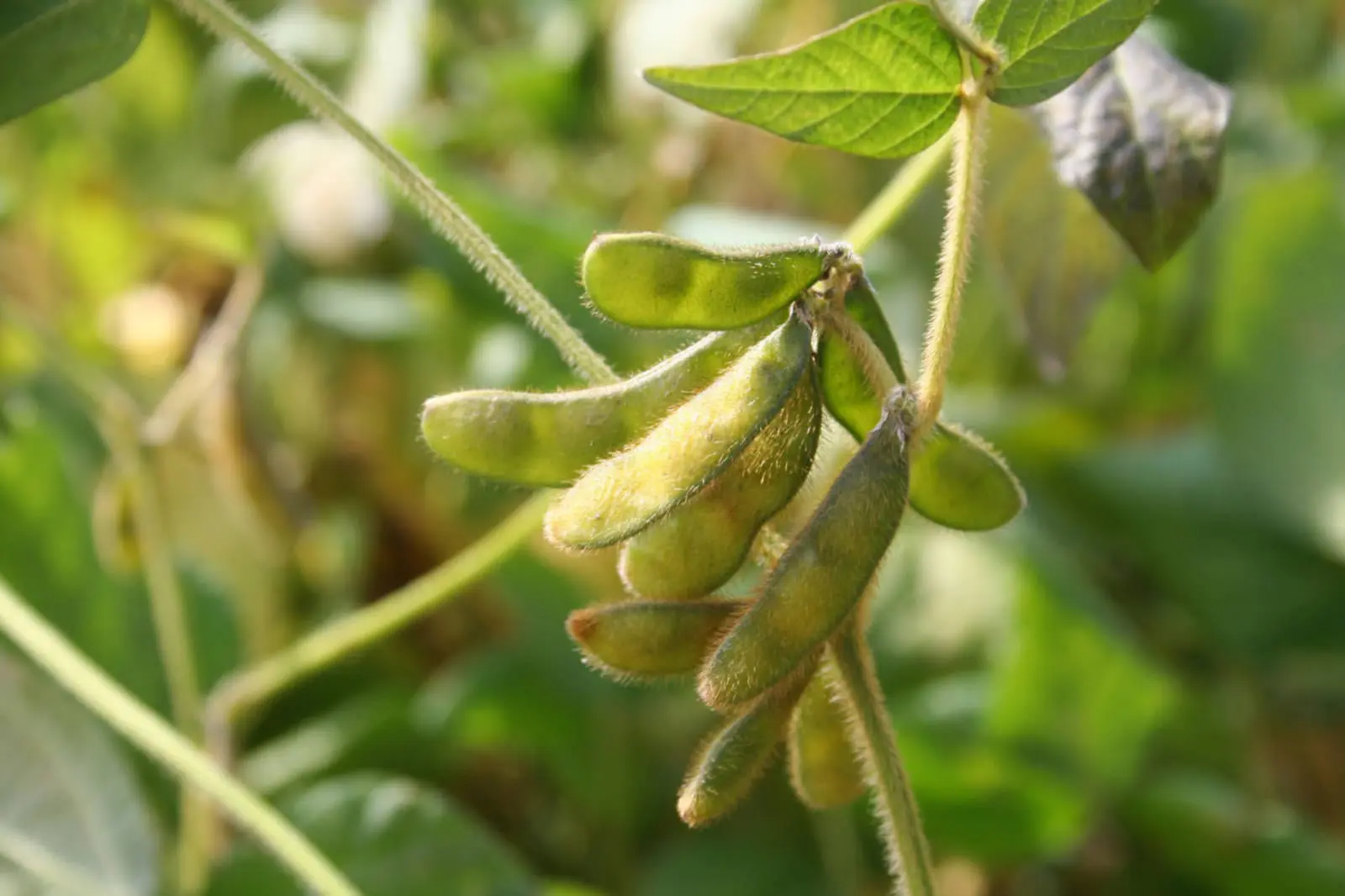The Argentine government issued a decree on Wednesday, February 26, which temporarily froze the registration of new grain and oilseed export licenses. This move is seen as a precursor to another increase in Argentina’s taxation of soybeans, potentially including soybean products such as oil and meal, as the country’s new government searches for new sources of funding.
The recently elected President Alberto Fernandez hiked export taxes for grains and oilseeds after taking office in December in a move to raise the needed revenue to prevent Argentina’s government from defaulting on foreign debt. The increase for soybeans of 5.3% pushed taxes to 30%, while other grains taxes saw greater increases. According to the Argentine daily newspaper La Nacion, the latest halt foreshadows a potential increase of 3% in the soybean export tax to 33%. Private estimates peg the additional funding resulting from such an increase between $400 million and $513 million dollars, but the same analysts estimate that the increase also could prompt a decline in 2020/21 soybean plantings of up to 400,000 hectares.

The U.S. Department of Agriculture’s (USDA) latest World Agricultural Supply and Demand Estimates (WASDE) projects that Argentine farmers will collect 53.0 million tonnes of soybeans in the current marketing year. Of which, 44.6 million tonnes are expected to go into domestic crushings while 8.2 million tonnes are seen leaving the country via export. The agency’s current projections represent a decline in exports from 2018/19 of 9.9% while crushings are seen rising by about the same percentage.
While this latest pause in export licenses is seen as being temporary, this latest announcement serves as reminder that export policy changes can result in considerable costs and potential gaps in supply chains. Although not alone in the changing of its export policies, history suggests that when Argentina alters its export taxes, there can be considerable impacts on global soybean movement.
